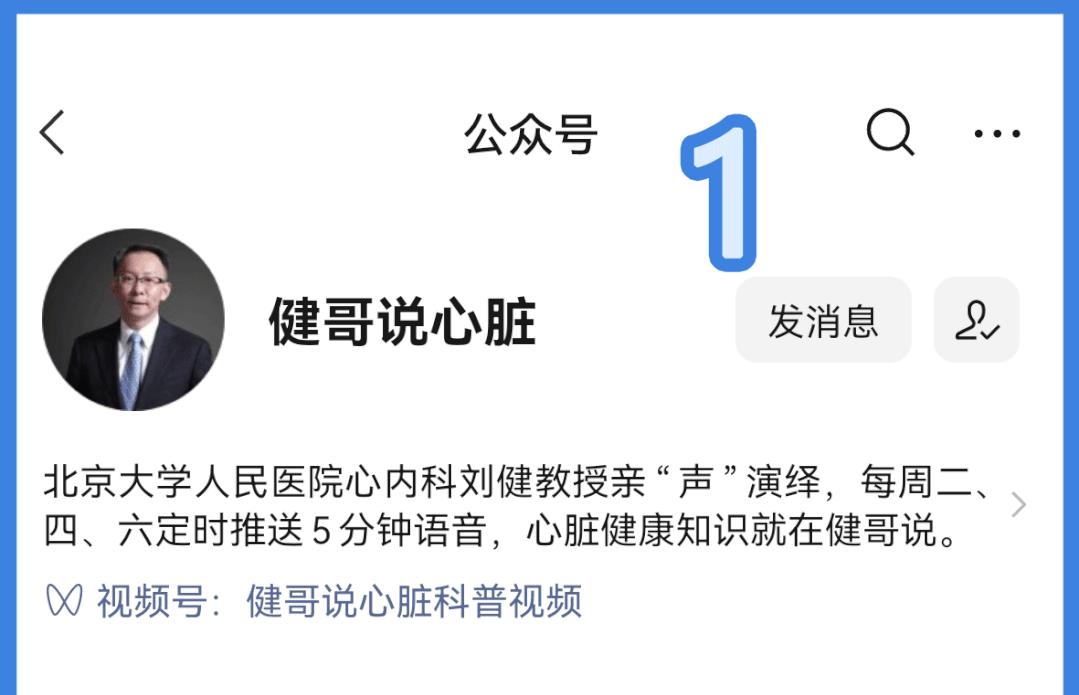
Hello! I am Liu Jian
Today is the 444th issue of Jian Ge said to accompany you
Many patients with coronary heart disease also suffer from diabetes, for them, measuring blood glucose is an "essential homework" every day, but some patients question whether fasting blood glucose and postprandial blood glucose can only be measured. Which blood glucose value is more important? Today, let's elaborate.
Know fasting and postprandial blood sugar
Fasting blood glucose refers to the blood glucose results measured before eating breakfast at least 8 to 10 hours on an empty stomach and without eating overnight, in addition to drinking water. According to this definition, what you need to know is that only the two conditions measured on an empty stomach for 8 to 10 hours and before breakfast are called fasting blood glucose, and the blood glucose measured before lunch, dinner, and bedtime is not called fasting blood glucose.
Clinically, fasting blood glucose is an important indicator of diagnosing diabetes, fasting blood glucose can reflect the patient's insulin secretion in the fasting state, and can also evaluate whether the previous night's hypoglycemic drugs can effectively control blood sugar overnight to the next morning.
In general, the normal value of fasting blood glucose is 3.9 to 6.1 mmol/L, and for most diabetic patients, the goal of fasting blood glucose is 4.4 to 7.0 mmol/L [1].
Postprandial blood glucose is generally measured 2 hours after a meal, which refers to the blood glucose value measured from the time of eating the first bite of the meal.
Postprandial blood glucose, which is also an important indicator for diagnosing diabetes, can reflect the appropriate amount of food and hypoglycemic drugs, and can also reflect the function of islets to stimulate the secretion of insulin by eating.
In general, the normal value of blood glucose 2 hours after a meal is less than 7.8 mmol/L, and for most diabetics, the goal of blood glucose in the 2 hours after a meal is less than 10.0 mmol/L [1].
Which is more important, fasting or after a meal?
In fact, fasting blood glucose and postprandial blood glucose are important indicators for diagnosing diabetes, which need to be seen together, there is no more important statement, the two are equally important and inseparable.
Clinically, the main reference to fasting blood glucose to adjust hypoglycemic drugs, if the patient's fasting blood glucose and postprandial blood glucose are relatively high, you should also first lower the fasting blood glucose, only fasting blood glucose drops, postprandial blood glucose will decline, if only consider postprandial blood glucose, a large number of hypoglycemic drugs will be applied, which may lead to the next pre-meal hypoglycemia. However, on the other hand, the study found that the rise in blood glucose after a meal is closely related to the occurrence of cardiovascular and cerebrovascular events in diabetic patients, so both indicators need to be paid attention to and cannot be ignored.
How to monitor blood glucose in patients with diabetes should be determined according to the needs of the condition and the treatment regimen, as described in the following table [1].
Principles of blood glucose monitoring in populations with different treatment regimens
Brother Jian said
Fasting blood glucose and postprandial blood glucose are both important indicators of diagnosing diabetes and can reflect blood glucose from different angles.
Controlling fasting blood glucose in diabetics is as important as postprandial blood glucose.
Patients should decide the blood glucose indicators and frequency of monitoring according to their needs and treatment options.
Today's content is finished, and the next issue is more exciting.
Heart health knowledge is in "Jian Ge Says Heart"
We'll see you next time.
"On the Heart" - Medicine, Health and Lifestyle of the Heart
Works by Professor Liu Jian